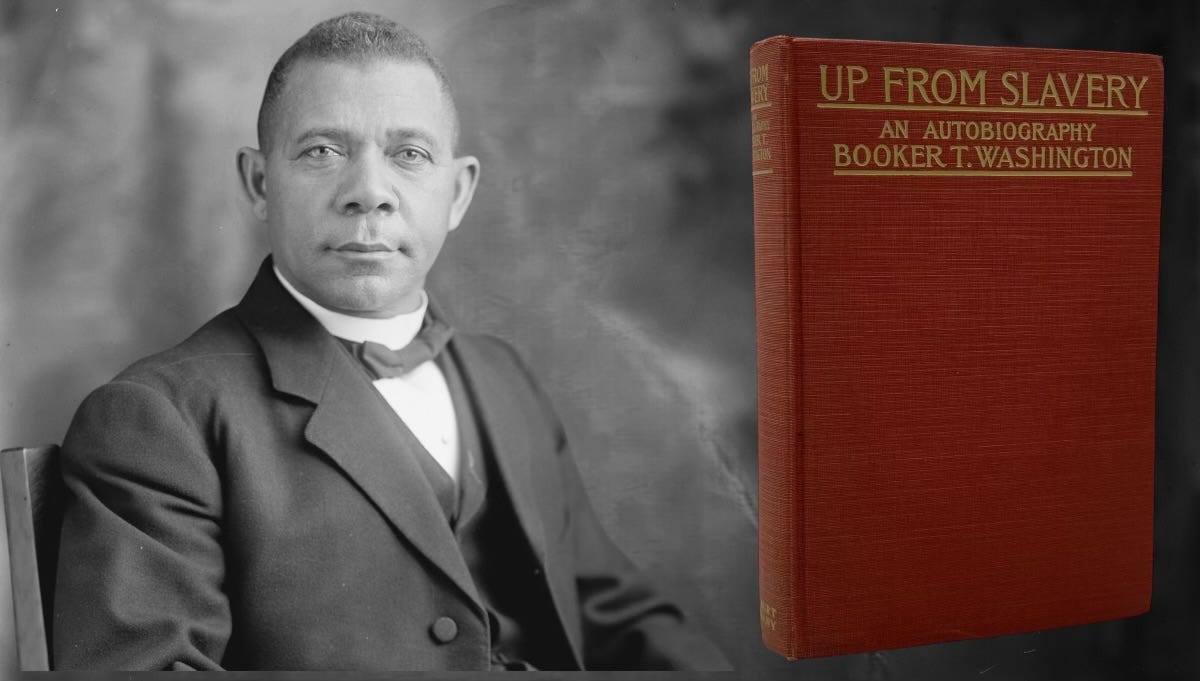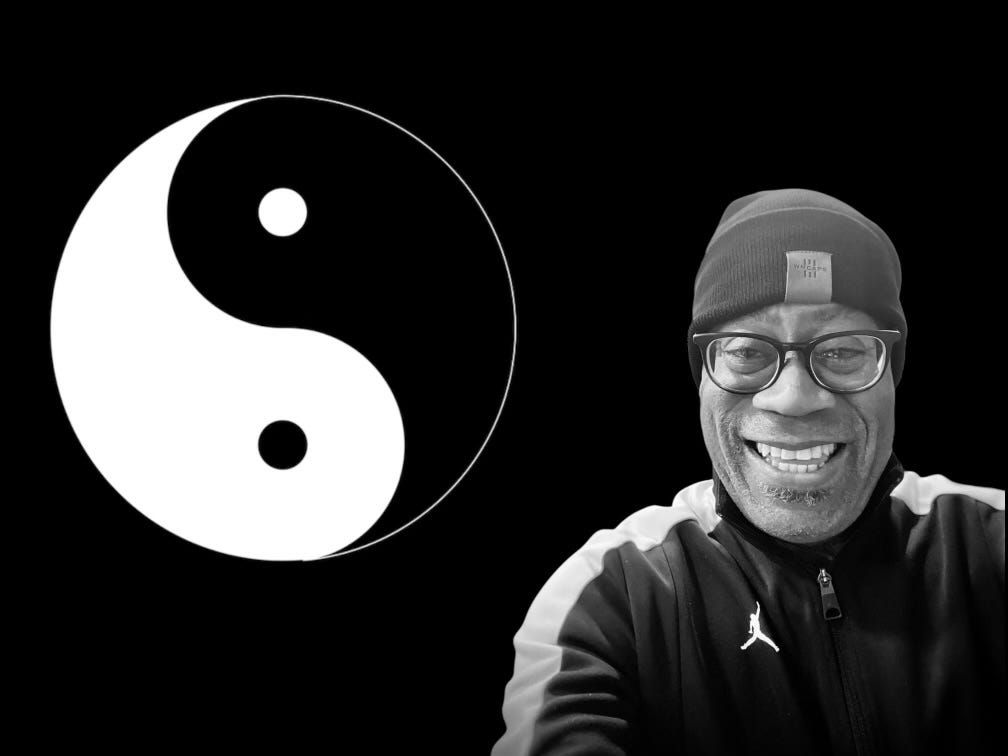Tucked away in a quiet recess of Hermitage Bookshop in Denver’s Cherry Creek North District is a timely book waiting to be rediscovered. It’s a vintage reprint of Up from Slavery, a powerful and deeply moving autobiography by Black historical figure Booker T. Washington.
It chronicles Washington’s journey—a man who rose from enslavement to become a leading figure in Black education and enterprise. Having read this book, his philosophy of patience, self-discipline, and self-reliance struck me as curiously Taoist.
Washington’s approach to progress was not one of direct confrontation but of strategic adaptation—moving with the currents of history rather than against them.
Whether one agrees with his approach or not, it is undeniable that his survival in the storm of post-reconstruction America was a result of knowing when to bend rather than break. This echoes a fundamental principle of the Tao:
“The soft overcomes the hard. The weak overcomes the strong.” (Tao Te Ching, Chapter 36)
While seated on my meditation cushion here in Fort Collins reflecting on Washington’s words (read this book a couple of years ago), I realize that his life mirrors the same struggle so many of us face today — how to navigate a world that often feels hostile, chaotic, and beyond our control.
The answer, as always, is to turn within.
The Illusion of Control and the True Source of Power
We are conditioned to believe that power comes from asserting ourselves over external circumstances—wrestling with the world, forcing outcomes, micromanaging every detail. But real power doesn’t work that way because the more we try to control, the more exhausted we become.
Look around: political upheavals, financial instability, social discord. People flinging their beliefs at each other like weapons, each convinced that if they just shout loud enough, the world will fall in line. But the Tao laughs at such folly. The world moves as it will—our resistance changes nothing except our own peace of mind.
The I Ching, that ancient book of wisdom, reminds us again and again that change is the only constant. In other words, the harder we cling, the more we suffer. True wisdom lies in understanding which battles are worth fighting and which require surrender.
Making Peace with the World—And Those Who Think Differently
Perhaps the most difficult practice in Taoist thought is the art of radical acceptance—of people, of situations, of the natural unfolding of life. The I Ching teaches:
Hexagram 40: Deliverance
“The superior man pardons mistakes and forgives misdeeds.”
The key here is finding ways to make peace with the fact that people will think, believe, and behave in ways contrary to you. This is not a problem to be solved but a reality to be accepted, lest you will find yourself further entangled in its chaos.
Washington understood this well. His strategy—often criticized as accommodationist—was rooted in the knowledge that you cannot force people to change. Instead, you must flow around obstacles, adapting, positioning yourself wisely, and choosing your moments to act. He wasn’t just an educator—he was a master of timing, an architect of long-term vision.
Can you challenge yourself to do the same? To let go of the impulse to correct the world and instead align yourself with its natural course?
Taoist Alchemy: Trusting the Perfect Order
Taoist alchemy isn’t about turning lead into gold; it’s about transforming resistance into surrender. It’s the realization that everything in life serves a purpose, whether we understand it or not.
Washington’s story, like all of ours, was shaped by forces beyond his control. He played the hand he was dealt, not by fighting the current but by working within it, molding it to his advantage. Whether you admire or critique his methods, there is wisdom in his approach—one that aligns deeply with the teachings of the Tao
While Confucians seek to impose structure, Taoists know the structure is already there. We recognize that our job is not to impose, not to resist—but to recognize, trust, and move in harmony with it.
The next time you feel the urge to force an outcome, to fix what appears broken, stop. Breathe. Step back. The Tao is already moving.
Your job is not to control—it is to flow.
We are living in paradoxical, mysterious, and uncertain times. So if you find my nomadic wisdom valuable in helping to set a positive tone every morning, then please consider supporting the world of independent writing as a paid member supporter.
Or maybe you could tip me some dirty chai latte love here if you feel so inclined.
Every bit counts as I strive to deliver high quality feature articles into your inbox on a daily basis. Never any paywalls, just my Taoist raw thoughts which are open to everyone on what it means to be human.
Your contributions are appreciated in support of my fall time work and calling.
Much Love,
Diamond- Michael Scott — aka The Chocolate Taoist






The experience of ferrying several young people into adulthood (under various circumstances- as step-parent, parent, and guardian) has taught me that “flowing” is the approach that works best. I appreciate your soothing words that remind me of those lessons, especially in the heat of our US politics today.
My elementary school was named after Booker T. Washington. I learned about our school's namesake there. Thank you for drawing connections here between his life and the Tao. So good!